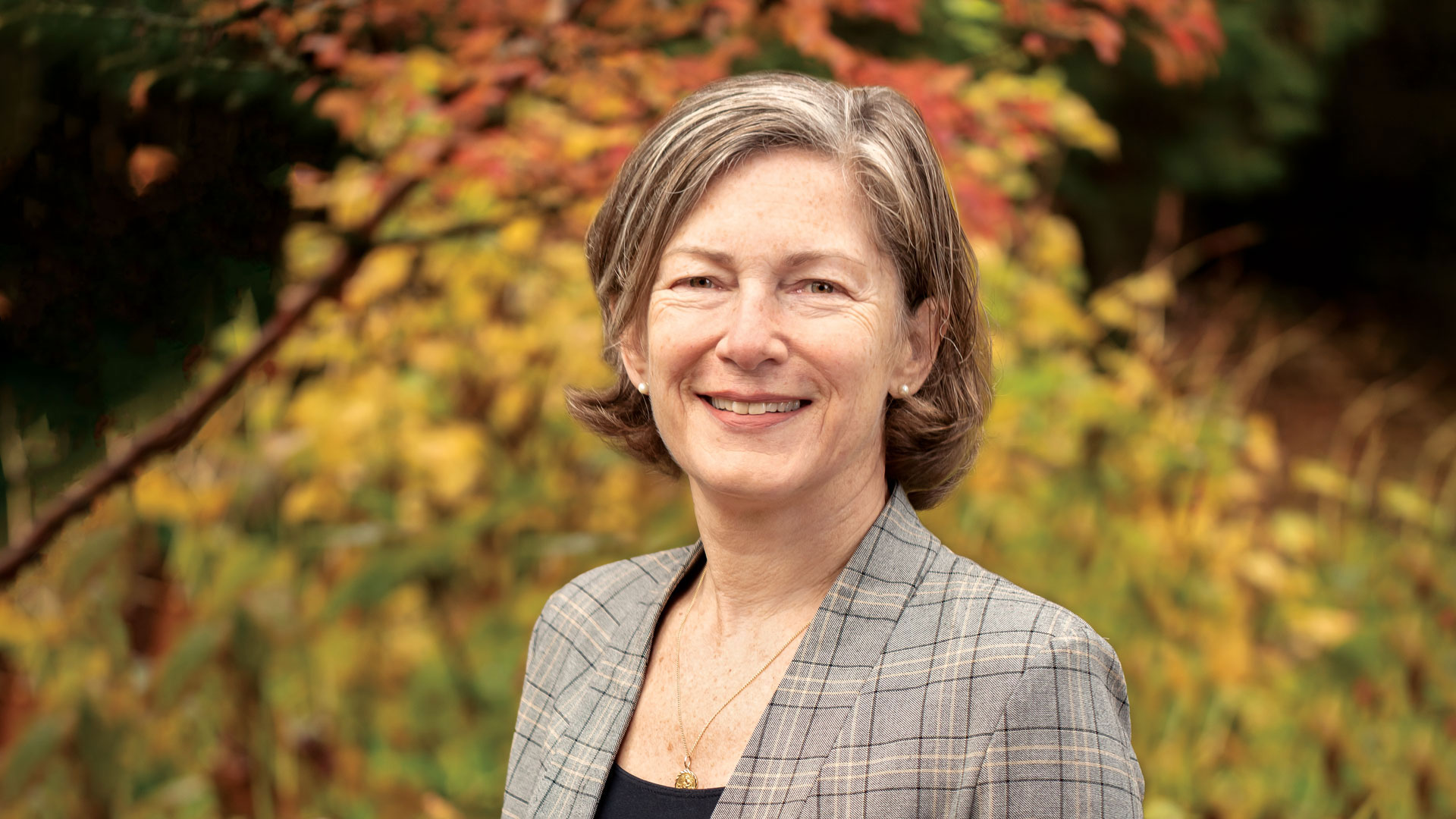By: CIFAR
14 Feb, 2022

Koerner is a Fellow, Morris J. Wosk Centre for Dialogue, Simon Fraser University, a CIFAR donor and Vice-Chair of CIFAR’s Board of Directors. Through her research, professional and volunteer experiences, and philanthropy, she is committed to creating meaningful livelihoods and just societies in a globalized economy.
You are the second generation of Koerners to support CIFAR, and yet you and your parents learned about CIFAR and joined our donor community separately. What is it about CIFAR that appealed to you — and your parents?
I grew up in a family that greatly values formal education. My parents were immigrants, so there was also an expectation that my sisters and I give back. My family often reminded me: “Canada took us in. We owe Canada everything.”
My parents moved to Toronto in the 1950s, in the postwar period of industrial growth and progressive public investments. I believe that CIFAR was born into that wave of developing Canada: economically, intellectually and institutionally. Both of my parents value academic research and express this through their philanthropy.
What inspired you to follow your parents’ lead and donate to CIFAR?
Former UBC president and CIFAR Board Member Martha Piper approached me to join the Board, and I thanked her for that. I was inspired by CIFAR’s approach, seeing how similar it was to my vision of what research could be and should be.
I have had a long interest in academics. When I finished my master’s degree, I wanted to jump right into a PhD, but my supervisor suggested that I go out into the world and experience it first. I’m glad I did. When I finally went back — attending at the same time as my four children — I realized how many big questions I had, how hard it was to suss them out, and how critical different perspectives were in not only answering my questions but refining them.
CIFAR encourages big-picture thinking between and across disciplines and applying knowledge gained in practical ways that can change the world. It’s boundless.
A central part of CIFAR’s model is mentorship. How does that connect with your experience?
At CIFAR, researchers from disparate fields come together and introduce dynamic thinking and divergent approaches to the same problem. In essence, they give — and are given — new perspectives and “books” to add to their collections. CIFAR is unique.
Mentors, especially cross-disciplinary mentors, can also be incredibly powerful. They challenge you to think in new ways, support your growth, and excel in specific domains.
As a Director and now as Vice-Chair of the Board of Directors, you advocate for CIFAR’s work on the global stage. Why is that important to you and the next generation of donors?
When we moved to an open call, a “Global Call for Ideas” — asking people what should be studied — that transition was very important to me as a Director of CIFAR. We closed our third Global Call for Ideas, and I’m thrilled to see the diversity of themes and applicants as we move forward.
In addition to the academic pedigree of CIFAR, there’s this whole other space, which is really about engaging as humans together in bold and significant questions. And that’s why I’m interested in CIFAR, sit on the Board, donate, and have hope for what’s to come — together is the only way that we can change the world for the benefit of humanity and our shared planet.